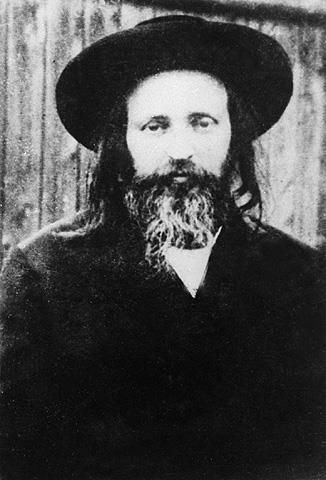
The Jewish Community of Carei
Carei
Formerly Carei-Mare; in Hungarian: Nagykaroly
A city in Satu Mare County, northwestern Romania. Up to World War I and between 1940 and 1945 it was part of Hungary.
Jewish settlement in Carei is first recorded around the beginning of the 18th century. Organized community life dates from 1720. There were 66 Jewish inhabitants in 1740, increasing to 56 families in 1770 and 300 families in the 1860s. In the middle of the 18th century Count Sandor Karolyi, the Lord of the town, brought a rabbi from outside to ensure the residence of the Jews on his estate. The proximity of Carei to Galicia led to the settlement of Galician Jews there, increasing the size of the community and introducing Hassidic trends. A yeshivah was founded in 1883, and two large synagogues were built in 1870 and 1901. After 1869, the community remained in the status-quo-ante group for some time. In 1881 an Orthodox community was founded, and in the course of time the original community also became Orthodox. Joel Teitelbaum served as rabbi of Carei from 1926 to 1934. The Jewish population numbered 2,073 in 1891 (out of 13,475), 2,491 in 1910 (out of 16,078), and 2,394 in 1930 (out of 16,042).
The Jews of Carei dealt mainly in leather, tools, timber, and building material.
On the eve of World War II (September 1939), approximately to 2,400 Jews lived in Carei. When the deportations commenced in 1941 there were 2,255 Jews living in Carei. In the summer of 1944 the Jews were concentrated in certain streets and confined in a ghetto before being deported to Szatmar and subsequently to the Nazi death camps.
By 1947 their number had been reduced to 590, many of whom later emigrated and settled in Israel. There were approximately 40 Jews in Carei in 1969.